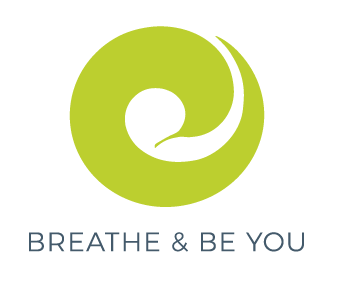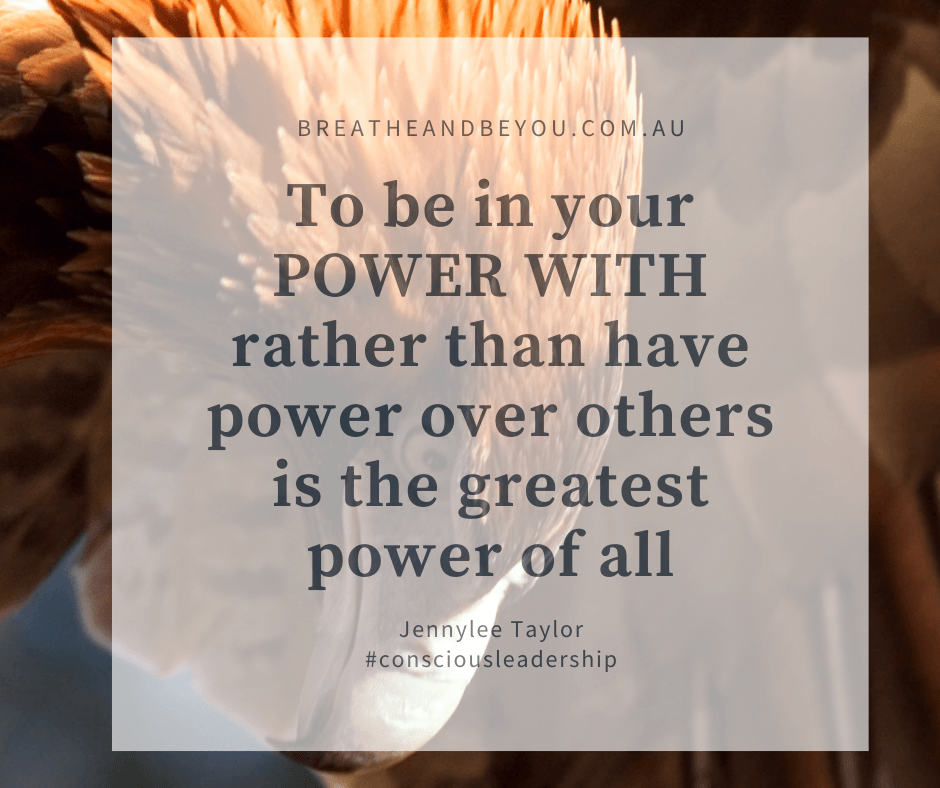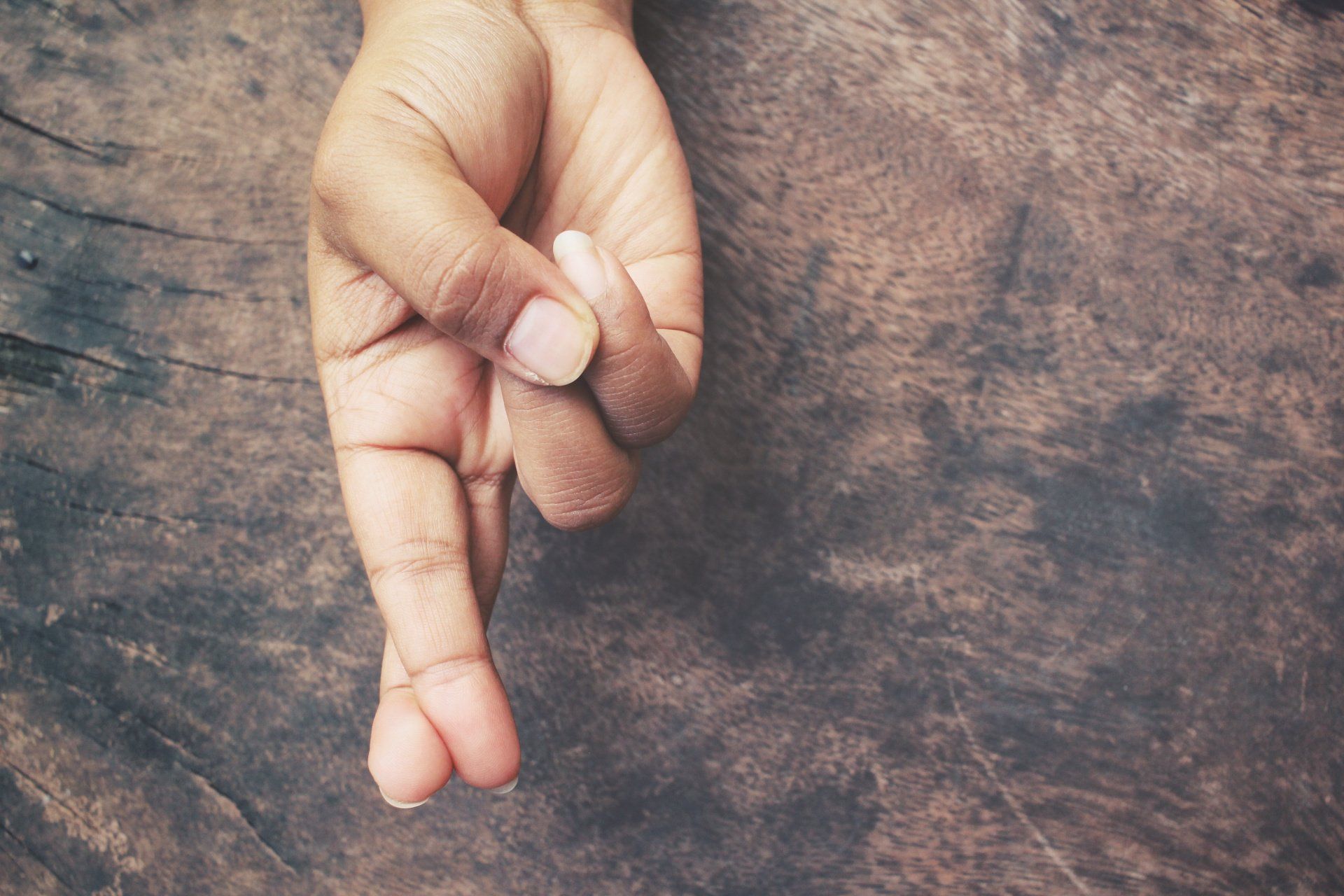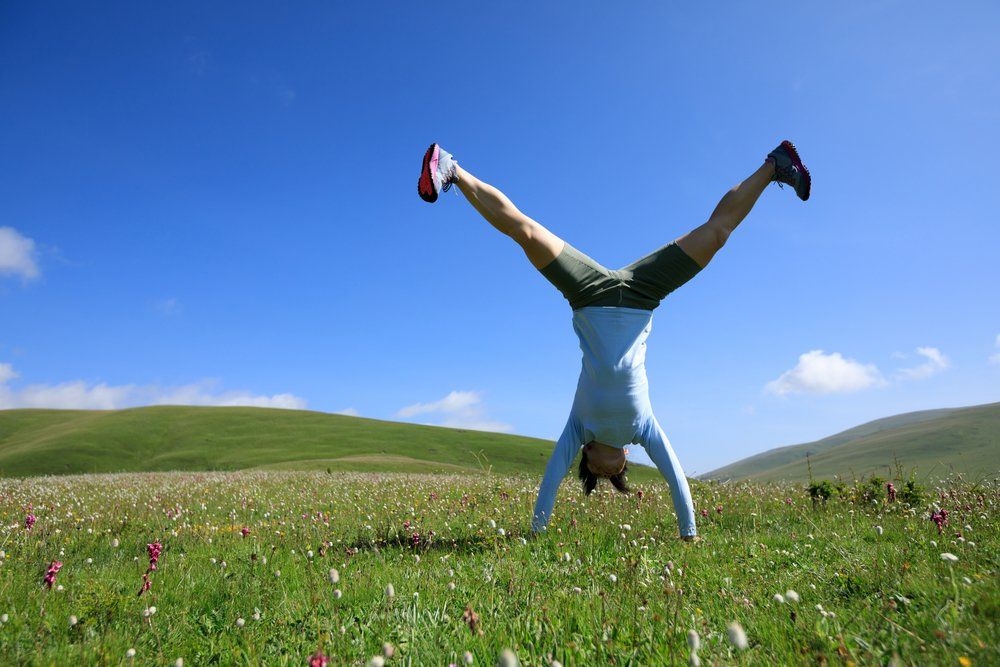
Let’s talk about opening up to receiving I have always been a great giver. I can easily give: to my family and friends through volunteering for communities I support to work by doing my best and taking on the things that no one else wants to do to my man compliments to passers by through gifting presents The list goes on … When it comes to receiving, well that’s another story. Up until a few years ago I couldn’t even receive a compliment at work for a job well done. I would default to “oh it was nothing, it was a team effort, and someone else could have done just as well” Then I learned that it is just as important to receive graciously as it is to give. If there were a whole heap of givers in the world and no receivers then the flow would stop. Imagine being a giver and you want to give a beautiful present to someone you love. You have put a lot of thought and energy into getting just the right thing. You wrap it up ad are excited about giving to the person you have in mind to receive it. The moment arrives and you give your gift and you find that the receiver resists it because “Oh you shouldn’t have. I really can’t take that. I know how you are struggling financially and I couldn’t possibly!” Has this ever happened to you? How do you feel as the giver? Did you feel deflated, sad, something else? As the receiver you denied the giver the feeling the act of giving with unconditional love and the warm fuzziness that comes with giving something truly from the heart. It’s the same with a simple thing like a compliment. The giver actually receives in the moment as well. In that instant when the receiver graciously receives the compliment, the praise, the gift, the love there is something that happens in the heart of the giver as well and the receiver that is wonderful. Think back to when you have given someone a compliment. “I love your hair today”. Is there a difference in how it makes you feel when the receiver replies “Oh it looks awful” rather than “Oh thank you.” Giving and receiving is best done with an authentic heart. The energy around it is important. If you are giving because you feel you "have to " then the energy may not be received well. Likewise if you are receiving something that truly doesn't serve you then its okay to receive graciously and then say that it is something that doesn't really fit for you. The act of acknowledgement This month I am focusing on receiving. I have big plans to give more and to do this I need also to be able to receive more. Receiving money easily particularly challenges me because I have heard all my life: “You have to work hard to earn money” “Rich people are not good” The more I work on my own personal blocks about this, the more I realise that when you block off one type of receiving you can block off receiving of all types. Giving myself permission to really open up to receiving more love, compassion, more of self, more peace, more of everything wonderful. This month in Breathing Circle we are focusing on OPENING TO RECEIVING It’s important to me to do my own work so I can support others to do theirs so today I laid down in a collegial breathing circle and breathed this for myself. Breathe in: Open to receiving with grace and ease Breathe out: Fear As I went into the conscious connected breathing cycle I connected with the infinity symbol, no beginning and no end to the cycle of giving and receiving. I met a part of me that was scared, wild and just trying to have the basic elements of survival. I witnessed her terror and acknowledged her rawness and vulnerability. I found peace with her. I felt privileged to be able to see myself that way and somehow I know that I can now open more graciously to receiving with ease. All the universe wants to do it to give to us with love and it’s up to us to clear the way and give ourselves permission to receive. This is the INTENTION we will be setting at Newcastle Breathing Circle this Monday night. Allow yourself to receive this gift through the support of the group. Go to the event to book your place. How open are you to receiving? -------------- Would you like to know more? Contact me and I would be happy to chat so you can get to know me.

Breathwork is a powerful and self-responsible way to create well being in your own life. Breathwork improves the relationship between your mental, emotional, physical and spiritual states. In the moment conscious manipulation of the breath can decrease stress and raise energy levels. Find out what to expect when you explore Breathwork for yourself.

What is the importance of developing personal stamina and resilience to live in the “match of your own life”? As I was watching the tennis finals I was drawing comparisons to life in general. In the Australian Open men’s final last night where Dominic Thiem was playing Novak Djokovic who was going for his 8th AO win. It was the end of the 4th set and Djokovic had just evened up the score. They had been playing a fast and demanding game for the past 3 hours and they were heading into the 5th set decider. It was a match of stamina and resilience physically, mentally, emotionally and spiritually. Could Thiem go the distance against a competitor who is arguably the fittest in the world who was defending his title and going for his 8th win? Could Djokovic endure when his predicted “walk over” win wasn’t unfolding that way and he had come close to losing in the 3rd set? According to the Australian Bureau of statistics, the average human life expectancy has increased for someone born in the mid 60’s from 67- 74 years to someone born in the 80’s to 74 – 79 years and in 2018 to 81-85 years. This means that intrinsically we are on average living longer and therefore require a different outlook and plan on how we play the life game. In the past we could treat our own self lightly because “hey, we will not live that long anyway”. Alongside that, the speed of change has ramped up in the past 40 years. We are being asked to do more in less time, learn more, communicate instantaneous and change the way we do things more frequently. In order to stay healthy in relationships, work, and personal life this requires a different approach. We have the opportunity to develop the ability to sustain prolonged physical or mental effort (stamina) and the capacity to recover quickly from difficulties (resilience) to not only live a greater quantity of years, and also have a better quality of life to ride the ups and downs of life during those years. By developing these traits we can minimise long term stress which leads to poor physical and emotional health and have go for living a freer, more joyful life. Physical stamina and resilience The tennis commentators had been talking about the physical fitness and flexibility of both players , comparing the prowess of each to be able to cover the court and having the flexibility to stop and change direction quickly. They were saying how Djokovic’s years of experience growing up on the ski slopes had helped him to develop the ability to do this and his ongoing commitment to his training program was what kept him at the top of the game. Now most of us don’t need the level of fitness that an elite tennis player needs to go head to head for a 5 set match. Yet how many of us really take the steps throughout life to make sure that we maintain our vitality and energy for life for the full length of our life match? Our bodies are like intricate machines. Unless we do the ongoing maintenance activities like regular exercise and movement, eating nourishing foods, drinking plenty of water and getting adequate sleep, as time goes by, our moving parts literally seize up and grind to a halt or breakdown completely through illness and disease. We can either wait to “fix” it when it is probably too late, or take preventative measures to maintain a well-oiled machine. Mental Stamina and Resilience The tennis final was also a test of mental stamina and resilience as they both attempted to “out think” each other on strategy and tactical approach. In this aspect they needed to be flexible as well and be prepared to have the resilience to go out of their comfort zones. To quote the ABC News article this morning Djokovic “always feels more comfortable when he is playing from the baseline, so he took himself out of his comfort zone when he opted for the serve and volley tactic to upset Thiem's rhythm”. Djokovic had to have the mental stamina to stay focused after a series of double faults and unforced errors and also demonstrate mental resilience by choosing to change his natural game in response to how the match was unfolding. Having the mental stamina and resilience to bend and be flexible in a changing world is more and more important as we experience big “environmental” changes in all aspects of our lives. For example, with technological advances it would be easy to be paralysed by the speed of change in business, how we go about our daily life, and how we are being asked to communicate differently if you didn’t have mental stamina and resilience to learn and adapt. Right now in Australia approximately 1 in 6 people are experiencing an anxiety condition and 21% of Australians have taken time off work in the past 12 months because they felt stressed, anxious, depressed or mentally unhealthy. Emotional Stamina and Resilience On the court the pressure around the expectations of winning or the push to win can affect the players emotionally as they strive and give all of themselves to the game at hand. Whether or not an “on the line” or “out” call is correct can have an impact on how the match unfolds. Often in those times the stress gets to them and emotional outbursts occur. How these moments are handled comes down to emotional stamina and resilience or emotional intelligence. Emotions are a great thing. They are our immediate response to whatever is going on in our lives and are a way of the body releasing and processing the physical energy that builds up when we are experiencing everything from pressure and grief, to joy and a proud moment. The trouble is that generally Western society frowns upon, or is uncomfortable in the presence of someone who is expressing their emotions and goes on to judge them as weak rather than strong. As a result there is a tendency to hold back, push down and resist emotions which over time come bubbling up anyway in ways and at times that are seemingly unrelated. Emotional resilience is about being able to healthily express emotions, to “roll with the punches” and to recover quickly rather than stay stuck in the emotional state. Spiritual Stamina and Resilience Last night as I was watching Djokovic return a blinding serve by Thiem I saw him hold his necklace pendant in his hand and kiss it. Djokovic is a practising Orthodox Christian and uses his influence and wealth to benefit those who need help. In terms of spiritual stamina and resilience, however, I am referring more to having a strong connection to Self. To having that internal courage and power which from the outside looks like confidence, inner strength and being comfortable in your own skin. It’s about not being affected by others around you, not taking anything personally, being able to see the good in everyone and having a presence that people are drawn to in a positive way. Going the distance in the match of your life The men’s singles final last night played out over just short of 4 hours. It was a microcosm of a human lifetime which involved high and low moments as tests of physical, mental, emotional and spiritual resilience where each player turned up fully prepared and ready as they could be in their own way. Whilst being mindful of the past (studying each other’s game) and mindful of the future (having the desire to win), the tennis players had to be totally in the moment and be resilient and adaptable to focus and play out the next point again and again for 4 hours. We all have the opportunity to be elite athletes in our own match called life. The quality of each point, game, set and match depends on how much we have developed the ability to sustain a long and healthy life and how strong our capacity to recover quickly from life’s difficulties. The thing is that the physical, mental, emotional, and spiritual aspects of each of us are all linked. You cannot just focus on one area and expect to be able to hit a winning serve in life again and again. If you do this, at some point the other areas start shouting out for attention and you are off your game. Ways to prepare yourself so you can go the distance 1. Learn how to breathe optimally for your physical performance and to release built up emotional and mental stress 2. Mind your language - notice and modify your language that supports a healthy mindset 3. Integrate a mindful practice into your day to allow time for you to connect with who you are. How are you preparing yourself to “ go the distance ”? To learn more about Breathwork or contact me for a chat







